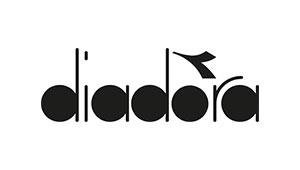That being said, the mix does matter some in being sure you have the right kind of fuel available for your training. Guidelines are pretty broad for the recommended balance between carbohydrates (45 to 65 percent), protein (10 to 35 percent) and fat (20 to 35 percent). Given that your two biggest concerns will be (a) having appropriate types of energy available when you run, and (b) promoting muscle recovery and, to some extent, growth, you will want to shift the mix you take in to carbohydrates and protein. Opt for the higher end of those respective ranges, especially on the "extra" calories you consume to offset your training.
More: Reach Your Racing Weight the Right Way
To control your diet, it's helpful to actually track your calories, as you may be surprised by what you take in. The LiveStrong Daily Plate app is a handy way to do this. Just the hassle of entering the data and finding your consumption will discourage you from the occasional nibbles that often go undetected in your mind but that can add up to a few hundred calories per day. It can also raise your awareness to the big bugaboo of dieting, and that's portion size—being honest about this is critical to calorie-tracking and diet success.
It is also helpful to keep your diet as steady as possible—avoid big splurges on days that you run long, for example. Obviously, you will be hungrier and thus eat more on such days, but the goal shouldn't be to take back in all that you burned; otherwise, it gets tough to restrain yourself accordingly on your rest days. Smoothing things out will help you better manage your appetite too.
If you find a disruption in your plan due to injury or other constraints, you'll obviously need to adjust your intake down a bit too. Your metabolism may be higher so your daily burn rate may increase a small amount, and any cross-training you do will help, but don't overestimate this.
More: 4 Weight-Loss Barriers Holding You Back
Weight-Loss Tips and Tricks
I've played with controlling my calorie intake for a few years now, and I've found some best practices that can help you better manage things, and avoid putting yourself into a situation where your urges can get the best of you.
- 3
- of
- 4
About the Author

Get ACTIVE on the Go


Couch to 5K®
The best way to get new runners off the couch and across the finish line of their first 5K.
Available for iOS | Android



Discuss This Article